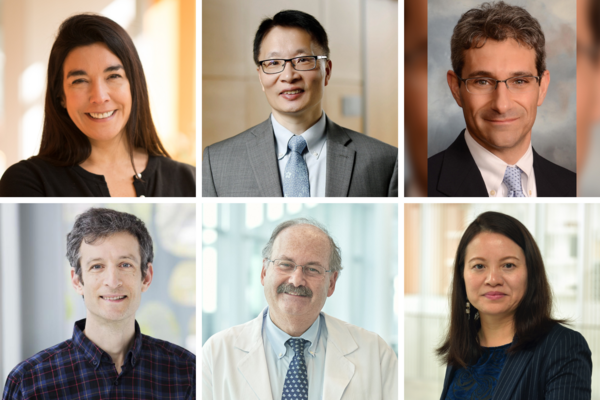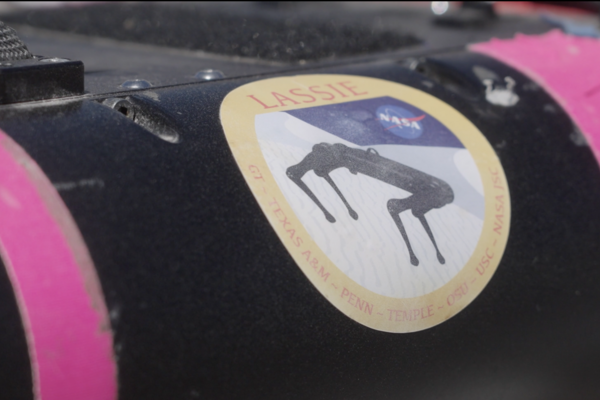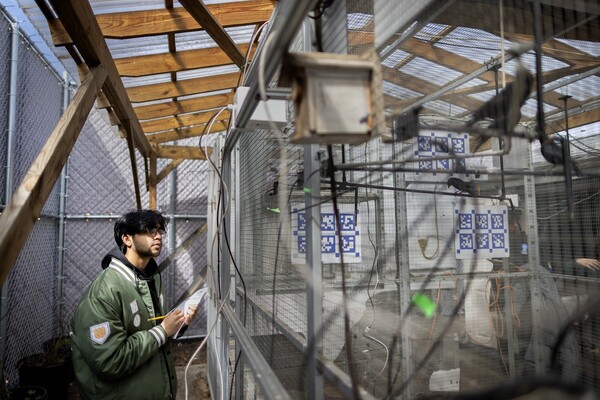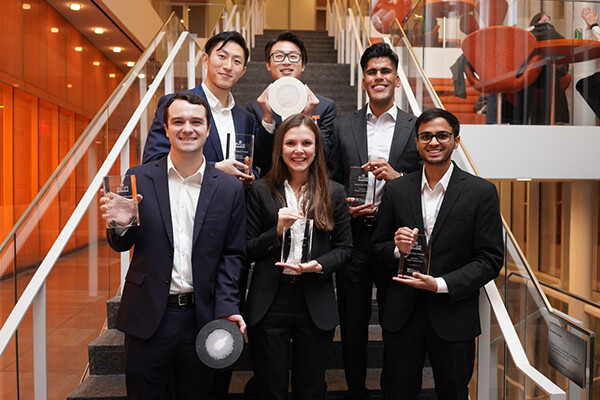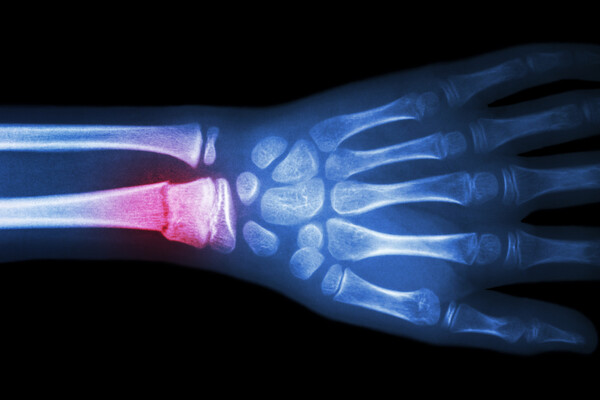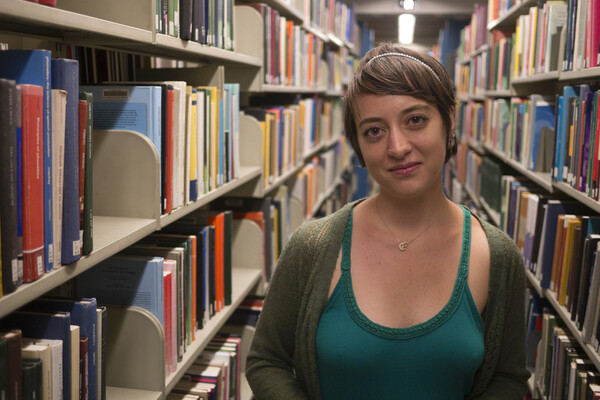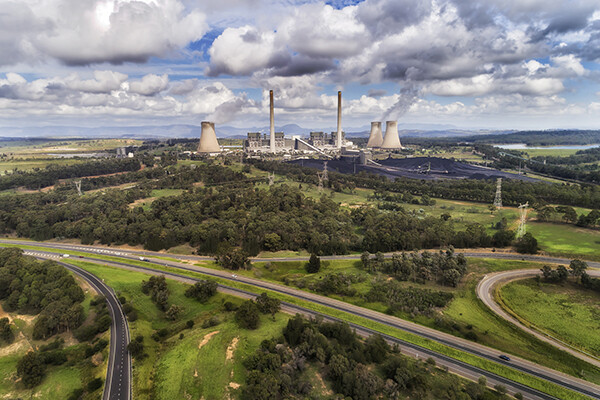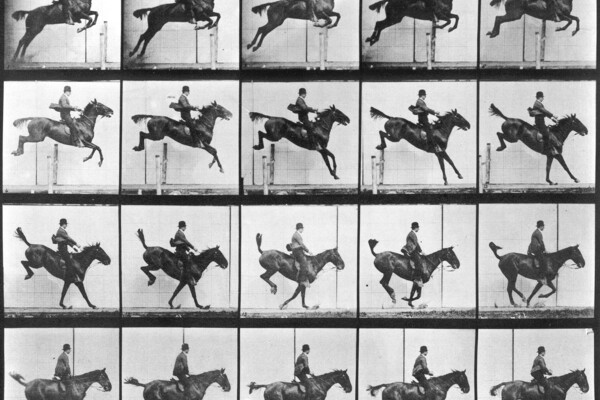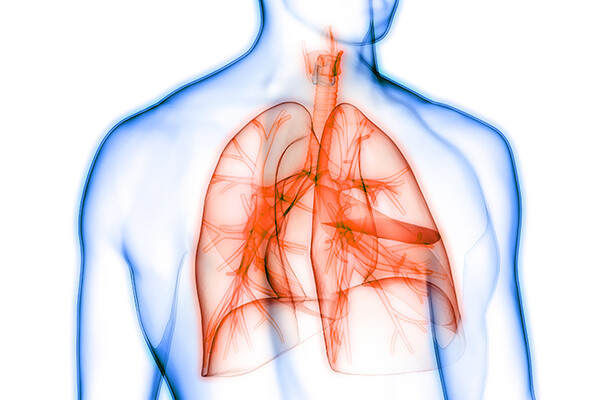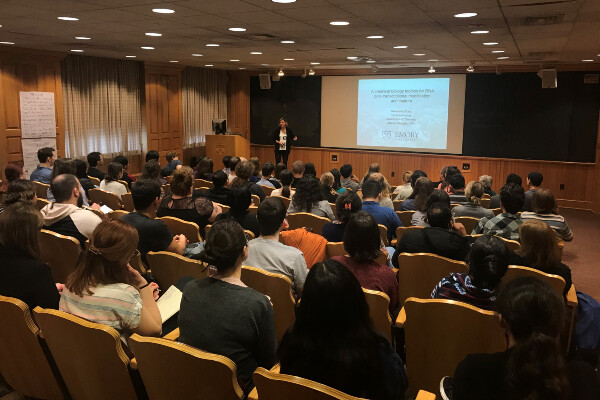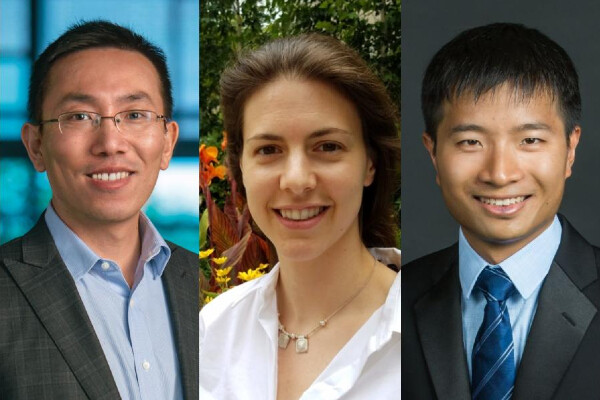4/22
Science & Technology
Scrap metal-powered lights win Y-Prize 2020
The winning team of this year’s Y-Prize, an invention competition in which entrants are challenged to pitch an innovative business plan for a technology developed at Penn Engineering, Metal Light, proposes technology to provide illumination for houses not connected to electrical grids.
A promising new strategy to help broken bones heal faster
To improve how broken bones heal in people with diabetes, the School of Dental Medicine’s Henry Daniell, Sheri Yang, and colleagues are leading work to develop an affordable oral therapy—grown in plants.
Demystifying feline behavior
Carlo Siracusa and James Serpell of the School of Veterinary Medicine contextualize recent findings in cat behavior science, debunk some cat-related myths, and explain why our kitties are not just “low-maintenance dogs.”
Illuminating interactions between decision-making and the environment
With a unifying model based in game theory, Andrew Tilman, Joshua Plotkin, and Erol Akçay of the School of Arts and Sciences inform dynamics in fields as diverse as ecology and economics.
What craigslist can teach us about Web 2.0
In a new book, Annenberg’s Jessa Lingel views modern online life through the lens of a site that hasn’t changed much in look or feel since it began 25 years ago.
What to do when cutting emissions alone is no longer enough
Four factors to consider in the race to solve the climate crisis, including how to scale up a tool called negative emissions and why the oceans can only help so much.
A new way of thinking about motion, movement, and the concept of time
Eadweard Muybridge’s “Animal Locomotion” was the first scientific study to use photography. Now, more than 130 years later, Muybridge’s work is seen as both an innovation in photography and the science of movement, alongside his personal legacy as someone with an eccentric 19th century style and a dark past.
Advancing an oral drug for pulmonary arterial hypertension
With a protein drug grown in the leaves of lettuce plants, the School of Dental Medicine’s Henry Daniell and colleagues hope to provide new treatment options for patients with pulmonary arterial hypertension, a rare but deadly disease.
Future collaborators and scientific pioneers at the Women in STEM symposium
Graduate students and faculty across Penn met to share their work and discuss solutions for issues faced by women in STEM.
Three Penn faculty named 2020 Sloan Research Fellows
Engineer Liang Feng, neuroscientist Erica Korb, and statistician Weijie Su each received the competitive and prestigious award honoring early-career researchers.
In the News
Here’s why experts don’t think cloud seeding played a role in Dubai’s downpour
Michael Mann of the School of Arts & Sciences says that many people blaming cloud seeding for Dubai storms are climate change deniers trying to divert attention from what’s really happening.
FULL STORY →
Can we stop AI hallucinations? And do we even want to?
Chris Callison-Burch of the School of Engineering and Applied Science says that auto-regressive generation can make it difficult for language learning models to perform fact-based or symbolic reasoning.
FULL STORY →
“Record-shattering” heat wave in Antarctica — yep, climate change is the culprit
Michael Mann of the School of Arts & Sciences says that persistent summer weather extremes like heat waves are becoming more common as people continue to warm the planet with carbon pollution.
FULL STORY →
How the solar eclipse will affect solar panels and the grid
Benjamin Lee of the School of Engineering and Applied Science says that the electrical grid will have to figure out how to match supply and demand during brief windows where the energy source goes away.
FULL STORY →
Scientists struggle to explain ‘really weird’ spike in world temperatures
Michael Mann of the School of Arts & Sciences says that tendencies to exaggerate climate science in favor of “doomist” narratives helps no one except the fossil fuel industry.
FULL STORY →
Spring is here very early. That’s not good
Michael Mann of the School of Arts & Sciences says that plant-flowering, tree-leafing, and egg-hatching are all markers associated with spring that are happening sooner.
FULL STORY →
Can your personal medical devices be recycled?
A lab at the School of Engineering and Applied Science led the development of a COVID test made from bacterial cellulose, an organic compound.
FULL STORY →
Could Florida electric bills go up because of a fuel made from manure?
Danny Cullenward of the Kleinman Center for Energy Policy at the Weitzman School of Design says that federal and California state subsidies have led to a gold rush of companies trying to get into the business of renewable natural gas around the country.
FULL STORY →
Pa. environmental, religious and other groups criticize Shapiro plan for ignoring climate change
A study by the Kleinman Center for Energy Policy at the Weitzman School of Design found that Pennsylvania would benefit overall from joining the Regional Greenhouse Gas Initiative.
FULL STORY →
Why don’t we just ban fossil fuels?
Joseph Romm of the School of Arts & Sciences says that stronger action against fossil fuels is essential to save the planet.
FULL STORY →




